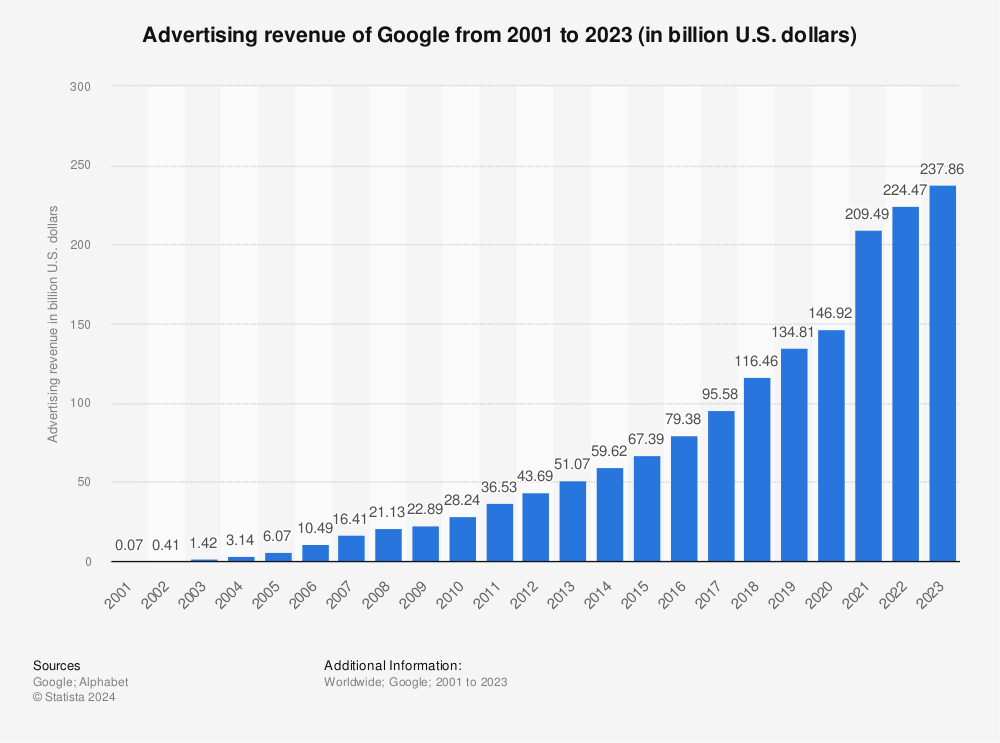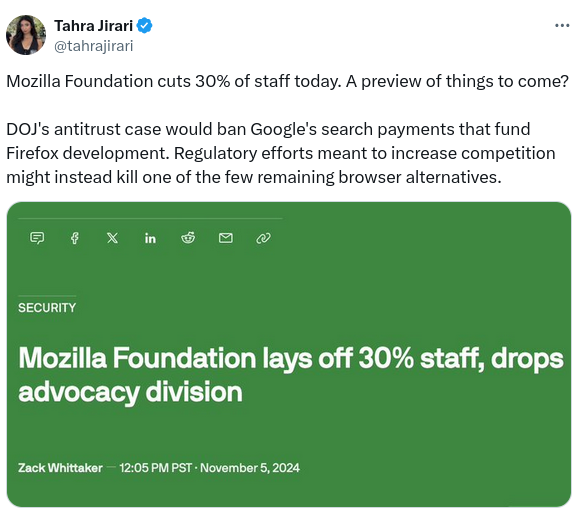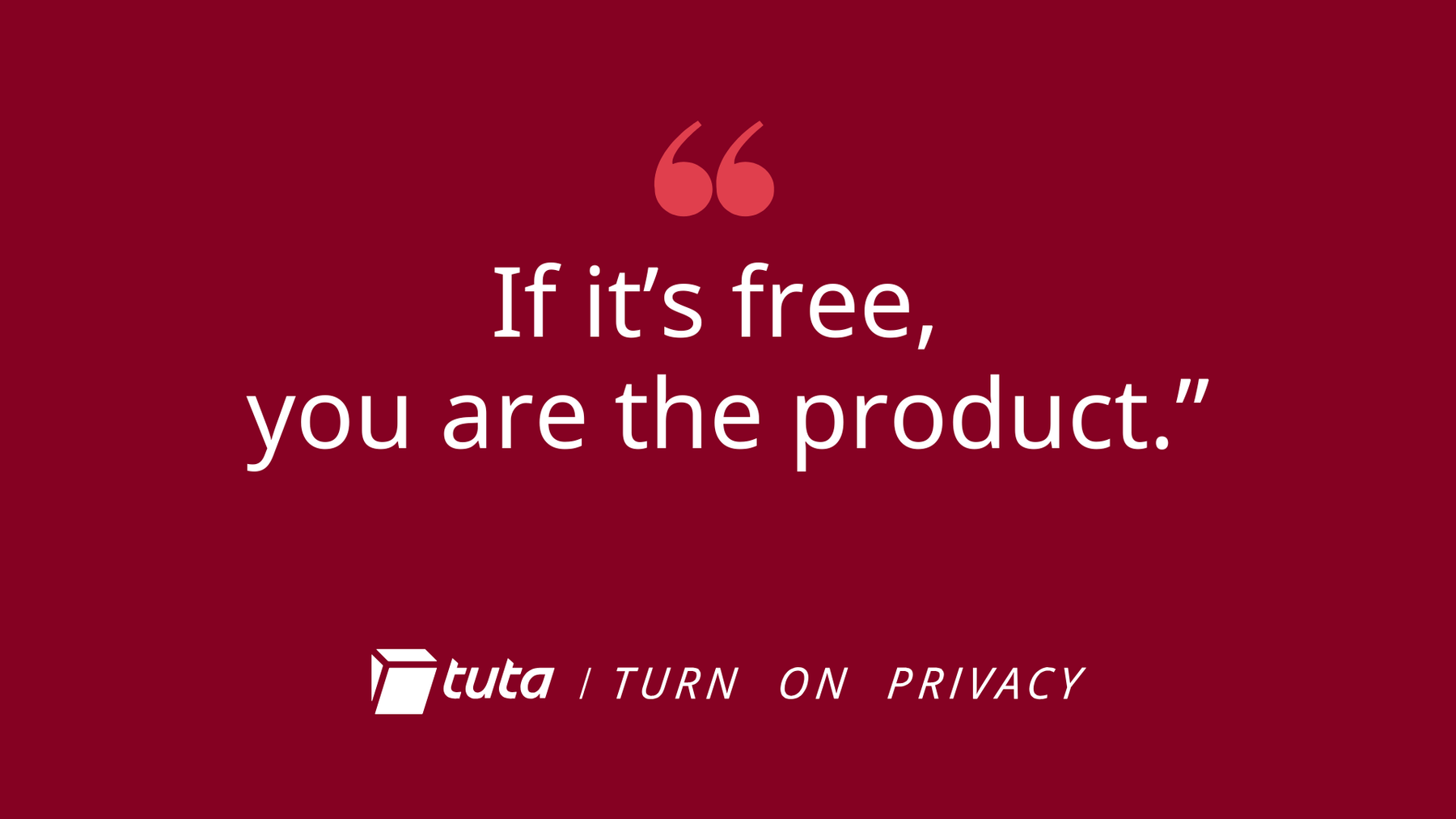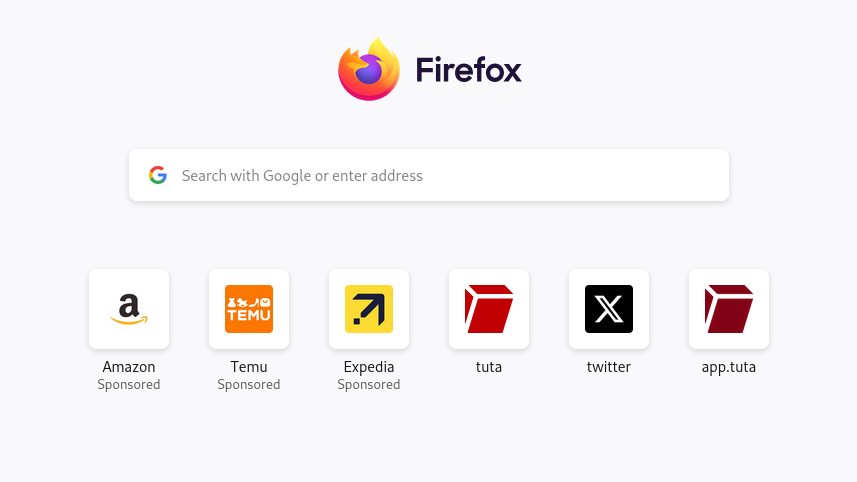Will the ban on Google payments kill Mozillas Firefox?
How Google’s antitrust judgement could harm Mozilla and what we all must do to help!
The Department of Justice’s recent antitrust case against Google has stirred up significant discussion in the tech and privacy communities. Aimed at dismantling Google’s search monopoly, the case proposes to ban Google’s payments to other companies, like Mozilla, for search engine placement. But as the DOJ looks to level the playing field in search and web browser markets, this decision might inadvertently threaten Mozilla’s ability to maintain one of the few good browser alternatives to Google Chrome: Firefox.
Antitrust ruling against Google
In 2024, the DOJ found that Google illegally maintained its dominance in the search market by making multi-billion dollar agreements with companies like Apple and Mozilla to make Google the default search engine on popular platforms.
For years, Google’s placement on Firefox and Safari was one of the ways the Silicon Valley tech giant ensured its search engine was the default for millions of users. This led to the extraordinary fact that Google has maintained its incredibly high market share of 90% for over a decade already. Worlwide, more than 9 out of 10 search queries are entered into Google Search. From this, Google is making an incredible amount of revenue. Given the lucrative ad business of Google Search and Gmail, it’s understandable that the tech giant pays its competitor Mozilla to include the Google search engine as default in Firefox.


Alternatives like DuckDuckGo, Ecosia or Mojeek enable people to deGoogle their search, but these search engines remain to be niche products despite being launched years ago – and this will not change unless the anti-competitive business practices of Google are finally put to an end.
Now the DOJ ruling – which followed one of the largest antitrust cases against Google - seeks to dismantle these arrangements: Google must stop paying other companies for including its search engine as the default, for instance in the Firefox or Safari browser.
This ruling makes complete sense as it aims at breaking up Google’s monopoly on search, but it is also putting Mozilla’s primary revenue source in jeopardy. The Mozilla Foundation has long depended on these payments to sustain itself: Google’s contributions made up a staggering 86% of Mozilla’s revenue in 2021-2022 as published in Mozilla’s financial statement.
Mozilla is laying off 30% of its workforce


This is about to change now, and we are already seeing the first consequences: With a lack of alternative revenue streams on a similar scale, the Mozilla Foundation is facing an uphill battle to maintain operations at its current scale. Its dependency on Google’s contributions has forced Mozilla into a financially precarious situation, which makes the DOJ’s decision so critical. Mozilla recently announced a 30% staff reduction and the closure of the advocacy division and the Global Program.
This layoff is very likely related to an anticipation of reduced income, which threatens the pace of Firefox’s development and Mozilla’s broader initiatives focused on user privacy and internet health. It follows another round of layoffs earlier this year, which directly affecting the team working on and improving the popular Firefox browser.
Mozilla’s reliance on this deal with Google is not by choice; it’s a product of the tough competition in the browser market. Unlike Google Chrome, Apple’s Safari or Microsoft Edge, which can rely on resources from their respective parent companies, Mozilla is a nonprofit foundation focused on providing an open-source alternative. The foundation has invested in innovative privacy features and user-centric design, but these are costly, and without substantial backing, maintaining Firefox as a competitive and secure alternative is becoming increasingly challenging.
How the ban of the deal with Google could backfire
The DOJ’s efforts to increase competition are rooted in the idea that breaking Google’s monopoly will provide more room for smaller players to grow, particularly in the field of online search. So, while DuckDuckGo and other search engine alternatives might benefit, Firefox’s case highlights an unintended consequence: the DOJ’s ruling may end up threaten one of the best and well-establishes Google alternative: Firefox.
Without the revenue from integrating Google’s search, Mozilla might struggle to fund Firefox’s development, cutting into its ability to maintain the browser. Reduced funding could limit Mozilla’s privacy initiatives and innovation, directly impacting internet users who value transparency and data protection.
Importance of Firefox as a privacy-first alternative
Mozilla has long been a pioneer in online privacy, introducing features like Enhanced Tracking Protection, DNS-over-HTTPS, and anti-fingerprinting measures. Firefox is the only major browser on the market that’s developed by a nonprofit organization, dedicated to upholding privacy and user control over data. While other browsers, including Google Chrome, Safari and Microsoft Edge, incorporate privacy features, they operate within large tech corporations whose primary revenue source is often ad-driven data collection.
With Mozilla forced to downsize, privacy-conscious users could lose one of their few accessible, independent choices for online browsing. There are a few more private browser like Tor, DuckDuckGo or Mullvad, but Firefox is to this date the most popular. Without Firefox, many users would have no viable alternative outside of major corporate-controlled browsers, shifting the balance of power even further into the hands of Google, Apple and Microsoft - precisely the opposite of what the DOJ intended with its ruling.
Privacy companies need your support!
Now it’s more important than ever that Mozilla explores alternative funding sources to maintain its independence and continue serving the privacy-focused community. In recent years, Mozilla has introduced premium services like Mozilla VPN and Firefox Relay to supplement its income, but these remain relatively small in scope compared to the massive revenue from Google’s deal.
However, people on the internet – and this must go beyond the privacy community – must understand that free is not free on the web.


If we want privacy products to succeed, we must understand that we need to support them – and act on this understanding!
Of course, Mozilla could also explore its own revenue stream with ads. For instance, Firefox shows ads on the home screen, but this is very limited and not as over-loaded as the ads you usually see in Google Search. If Firefox adds more advertisements to its browser, this could also have the consequence of unhappy users that might quite Firefox for good – an outcome none of us would like to see.


The fight for privacy continues
The DOJ’s antitrust case has spotlighted Google’s dominance in search, but without careful consideration of the ripple effects, this decision could unintentionally cripple the few remaining alternatives like Firefox. Nevertheless, the ruling was needed to break up Google’s dominance in search.
So back to the original question: How can we make sure that Firefox survives, and does not turn into yet another product overloaded with ads?
The answer is simple: We, the privacy community must unite, support non-profits like Mozilla, not just with one-off donations, but with regular ones, or by subscribing to their products and paying for them. It’s essential for the privacy community to advocate for solutions that foster a genuinely open and competitive internet - one that includes diverse, independent, and privacy-focused alternatives like Firefox.

